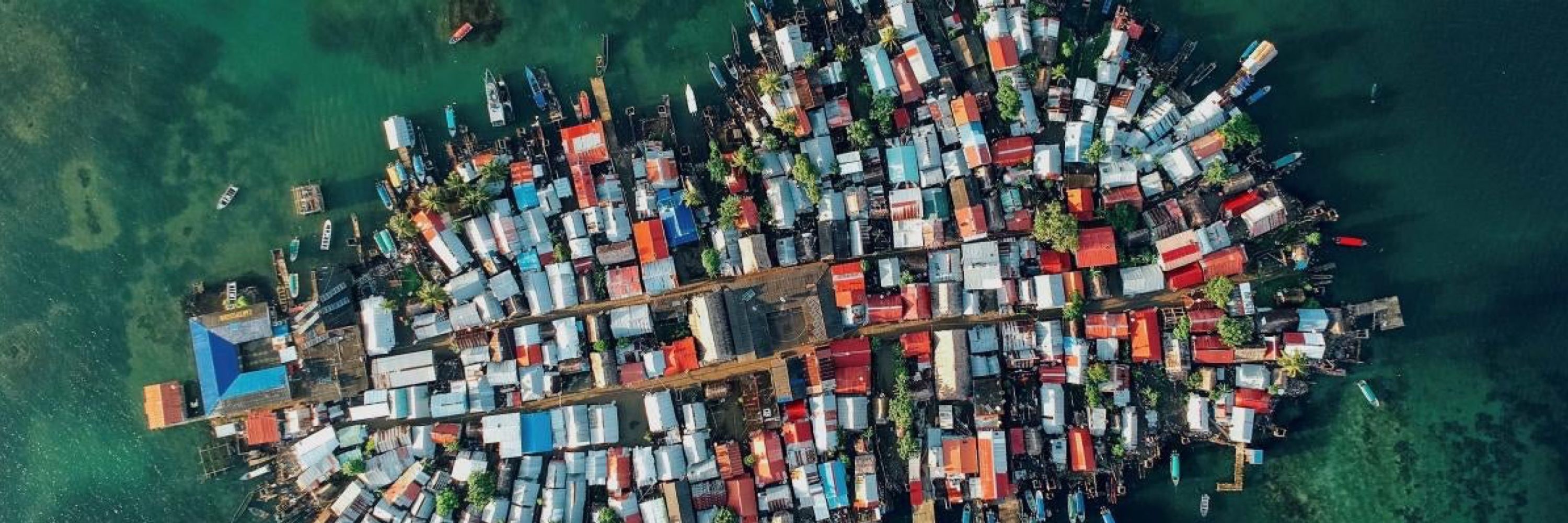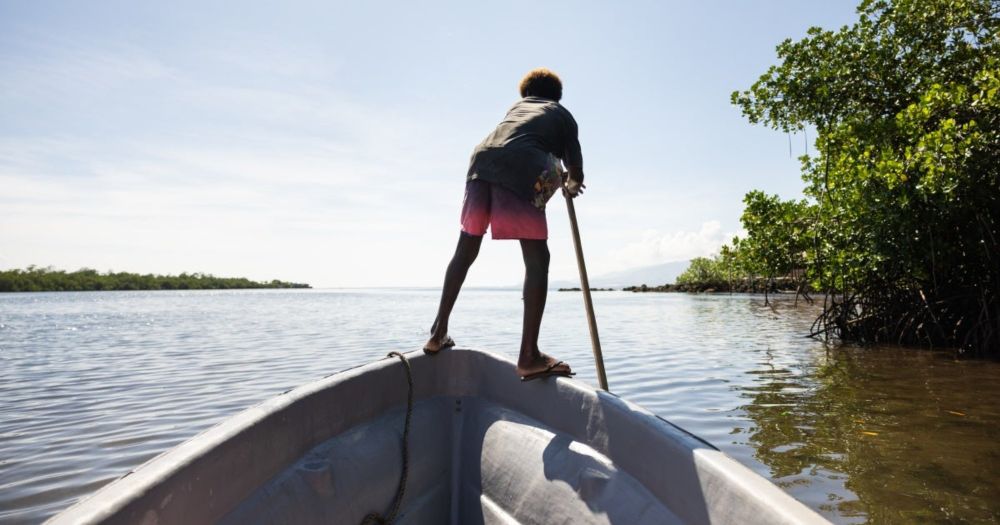Erica Rose Bower
@ericarosebower.bsky.social
62 followers
53 following
18 posts
Researcher-advocate advancing tools to help communities plan to relocate - or stay - with dignity in a changing climate 🌎🌍🌏
Posts
Media
Videos
Starter Packs



